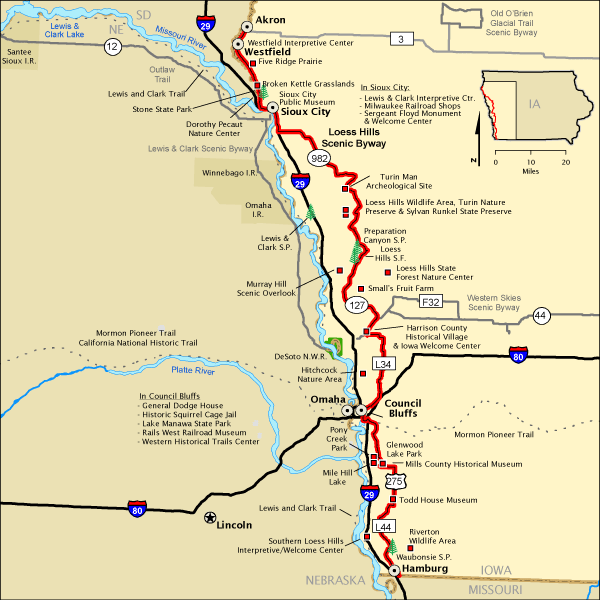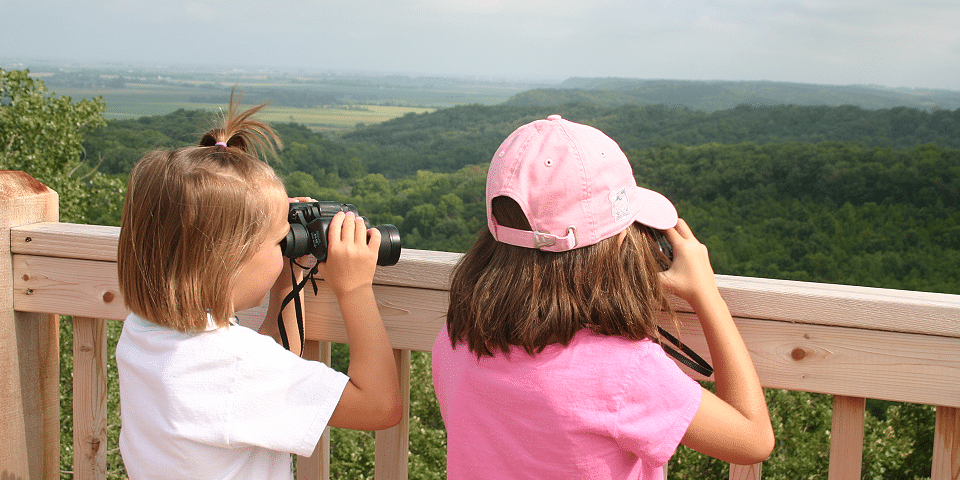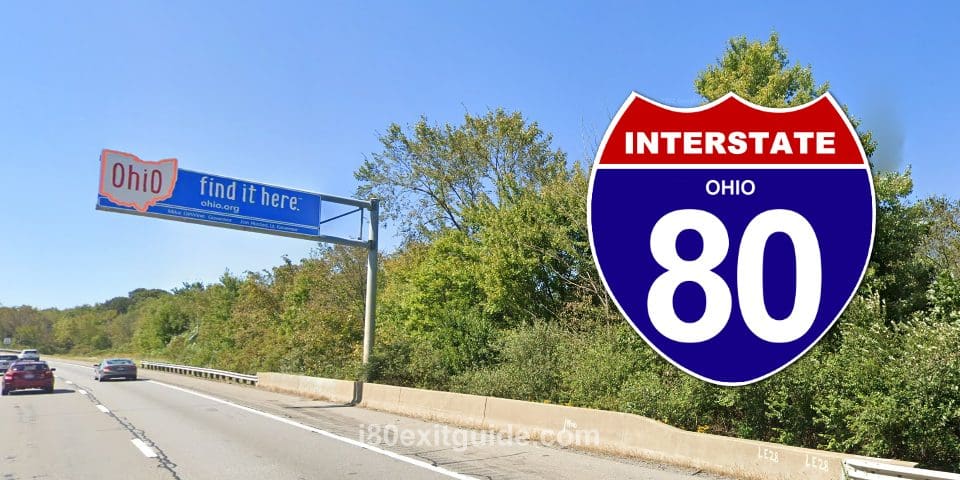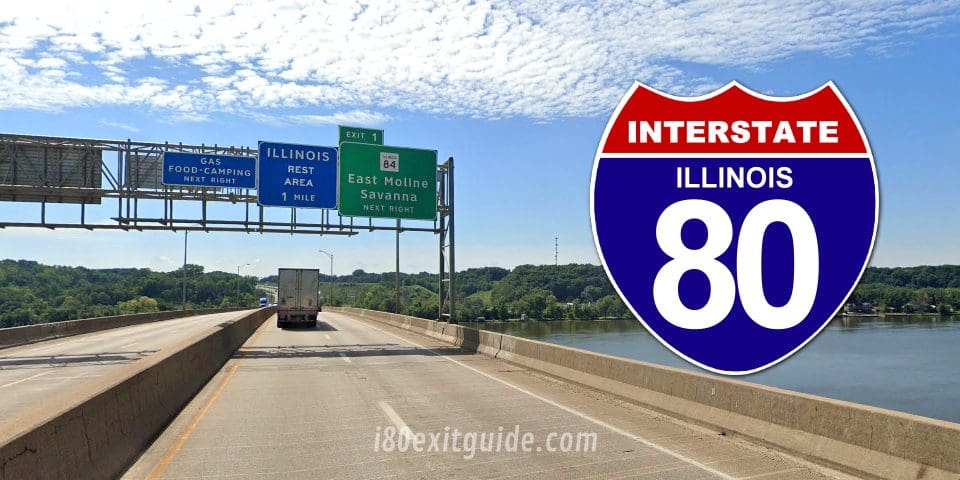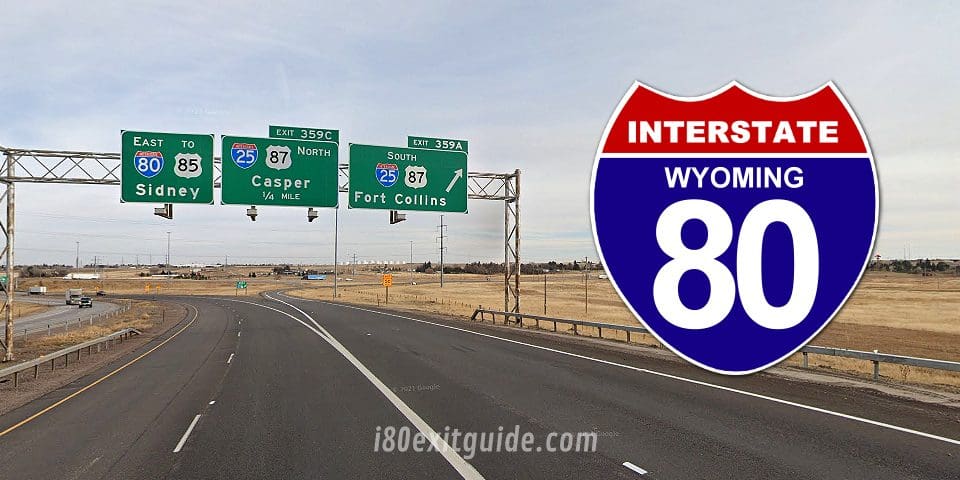The Loess Hills Scenic Byway of western Iowa is truly an American treasure. The outstanding prairie and forest-covered bluffs draw people from around the world. With an impressive network of state parks, private preserves, and national landmarks, travelers to the byway have a myriad of opportunities to see and explore this natural wonder.
The unique land formation of windblown silt along the Loess Hills Scenic Byway called “loess” extends nearly 200 miles in a narrow band adjacent to the Missouri River Valley. Although deposits of loess are found across the world, nowhere but China are those deposits higher than they are in Iowa. The Loess Hills encompasses over 640,000 acres of land with over 10,000 acres designated as a “Loess Hills National Natural Landmark.”
See many archeological sites along the Loess Hills Scenic Byway where pottery, tools, and other artifacts have been left behind by the ancient Mill Creek and Glenwood cultures, who inhabited the area between 1000-1300 AD. In 2008, the State Archaeologist recorded over 1,500 inventoried archaeological sites in the Loess Hills. The Glenwood culture near the southern end of the Loess Hills has many 800-year-old earthlodges, and to the north is a small cluster of Mill Creek culture sites around Sioux City.
Length: 220.0 mi (354.1 km)
Time: Plan five hours to drive or seven or more hours to enjoy the byway.
Fees: There are no fees along the byway proper.
